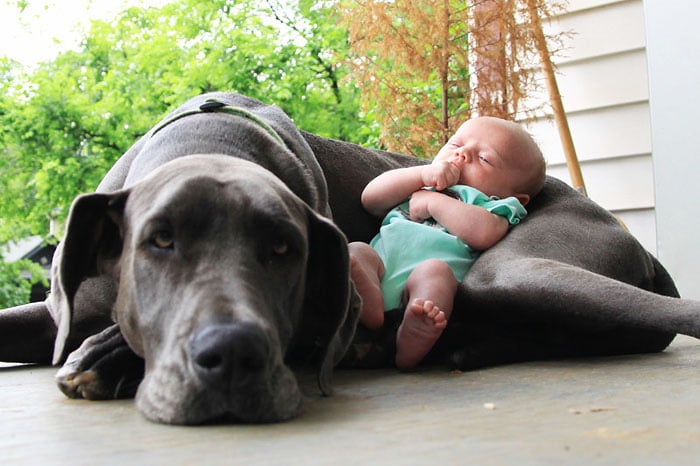Why No One Talks About the ‘New-Pet Blues’—But So Many Experience It
Bringing home a new pet is supposed to be one of life’s most joyful experiences. Social media would have us believe it’s all snuggles, wagging tails, and purring bliss.
But behind the curtain of cute photos lies a reality that catches many new pet owners off guard: the “new-pet blues.” Instead of joy, some find themselves anxious, tearful, and overwhelmed—and they wonder why no one warned them.
One new cat owner found herself sobbing on the sofa weeks after adopting Leo, a sweet, three-legged feline with a heart of gold.
Despite her deep affection for him, she was drowning in guilt and self-doubt. She hadn’t rushed into the decision. She had researched, planned, and prepared. So why did she feel so anxious?
She’s not alone. Rachel Meier from Canterbury remembers the early days with her two cats as “terrifying.” The exhaustion and stress didn’t fully register until later, when the chaos subsided.
Willow Gelphman from the San Francisco Bay Area had similar struggles with her cat, Mew, whose constant crying and frantic energy sent Willow spiraling.
“I was convinced she hated me,” she says, “and that my life would be forever constrained by her needs.”
When Responsibility Becomes Overwhelming
Even the most prepared pet parents can feel blindsided. Alice Snape from London called the first days with her nervous rescue dog, Lucy, “one of the most overwhelming experiences of my life.”
She couldn’t relax. Every sound startled Lucy, and Alice became hyper-aware of every small action. “I kept thinking, no, no, no, I don’t think I can do this,” she recalls.
The emotional toll was so intense she feared she’d feel trapped forever.
Therapist Heidi Soholt explains that such anxiety is completely natural. “A new pet means new responsibility,” she says. “They will be dependent on you for food, medical care, cleanliness, and safety.”
These responsibilities can ignite fears of inadequacy, even in loving owners. It’s not a sign of failure—it’s a sign of change.
Soholt also notes that the human brain resists change. The more primitive part of our brain is wired to stay alert in new situations, sounding alarms at any sign of uncertainty—like becoming a pet owner.
“Anxiety shows you care,” she reminds. “It’s your brain trying to protect you.”
Adjustment Takes Time
These early feelings often mellow out with honesty and patience. For Leo’s owner, admitting her fears to her sister became a turning point.
Instead of pretending everything was fine, she started opening up to friends. And with each honest conversation, things got a little easier. As she and Leo began understanding each other, the emotional fog began to lift.
Rachel Meier also found relief in time and perspective. She now believes it’s crucial to acknowledge how mentally taxing a new pet can be.
“People focus on the cute fluffy thing and forget about the hard bits,” she says. “Pets help with mental health, but they can also trigger anxiety. Being aware of that helps.”
And those tearful, uncertain beginnings? They often evolve into beautiful bonds. Today, Leo and his owner are inseparable. “Nothing relaxes me quite like a cuddle with him,” she says. “I’m so grateful I pushed through those tricky first months.”
Alice Snape echoes that sentiment. “Now I can’t imagine my life without Lucy. She jumps into bed for a cuddle every morning,” she beams. “That quiet time together with a cup of coffee is my favorite part of the day.”
You’re Not a Bad Pet Owner—You’re Just Human
The truth is, the “new-pet blues” are far more common than people realize. Feelings of regret, overwhelm, or inadequacy don’t mean you’re a bad owner—they mean you’re human.
Bringing a new creature into your life is a massive emotional shift. And just like any relationship, it takes time, patience, and trust.
So if you’re in the thick of it—crying in your kitchen while your dog won’t stop barking or panicking because your cat won’t come out from under the bed—take heart.
You’re not alone. And chances are, you’ll look back in a few months and wonder how you ever lived without them.









